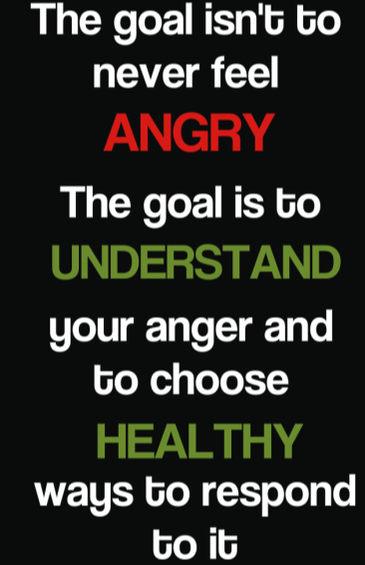My Intention
I decided to write this blog as a way to give my clients and other readers various techniques and insights to help them become their true self. It is my hope that the information and workshops I provide will help people gain more self-awareness about the obstacles that interfere with them reaching their highest potential. The phrase that came to me when thinking about this blog, “Be Aware or Beware,” captures the essence of living a conscious life. By peeling away the layers of conditioned, ingrained messages and learning to tune in to who we truly are, I believe we can learn our lessons in life less painfully and more gracefully rather than needing to be hit over the head by the proverbial two by four. My ultimate goal is to help people get out of the loop of insanity which has been aptly described as “doing the same thing over and over and expecting to get a different result.”
Understanding the Psychology Field
One of confusions in my field is the difference between psychotherapists, psychologists, and psychiatrists. The term psychotherapist refers to any Ph.D- or Master’s-level degree therapist who has been trained to do therapy with people who have various psychological or situational issues. Situational issues include difficulty adjusting to losses, or life changes such as divorce, physical limitations, loss of employment or death of a loved one.
A psychologist typically has a Ph.D., a PSY.D., or a Master’s in psychology or school psychology. They are often trained and qualified to do psychological testing. Those with a Master’s-level degree often become high school counselors or perform psychological testing to determine if students qualify for special education services. Ph.D-level psychologists either focus on doing research in the behavioral health field, practice psychotherapy, or may become university professors.
Psychiatrists attended medical school and specialize in the diagnosis and treatment of mental health disorders. In the last century, psychiatrists traditionally treated patients both through medication and through psychoanalysis, which is based on Freudian psychology. Since the beginning of the 21st Century, psychiatrists have primarily focused on prescribing psychotropic medication and rarely provide psychotherapy.
Trends In My Psychotherapy Practice
I’ve seen a number of other trends in the past few decades. In the early 1990s, it was almost unheard of to diagnose someone with Bipolar Disorder (which was formerly known as Manic Depressive Disorder). In the past 5 to 10 years, Bipolar Disorder seems to be one of the most commonly diagnosed disorders, next to other mood disorders such as Major Depressive Disorder. Other common diagnoses include various types of anxiety disorders such as Panic Attacks, Generalized Anxiety Disorder, Social Anxiety Disorder and Posttraumatic Stress Disorder.
In addition, as many of you may remember, Attention Deficit (Hyperactivity) Disorder, also known as ADD and ADHD, were very popular diagnoses beginning in the late 1980’s, and continue to be commonly diagnosed today.
Although I have not compared this to the national average, another trend I have seen in my private practice in the past 10 years is that more men seem to be attending psychotherapy. One of my theories is that going to therapy became more acceptable among men in the mainstream after they watched Tony Soprano from the hit show The Sopranos attend weekly psychotherapy sessions. Many of my male clients commented that “…if a macho guy like Tony Soprano can go to therapy then why can’t I?” I often wanted to write the network and thank them for helping to create a more accepting climate for men to feel comfortable opening up and discussing their innermost feelings. I would say that my male client-base rose from about 30% of my totals to nearly 50% over the past 10 years. This is important because it is my belief that both men and women need to share equally in the responsibility of knowing themselves and how their behaviors impact their relationships and the world in general.
Finally, the newest and most significant trend I have seen in the psychotherapy world is people seeking more “spiritual meaning” in their lives. Not to be confused with religion, “spiritual” is a non-secular term that encompasses a person’s desire to understand how a higher power, the universe, and/or how the divine flow affect their life. I have studied these “metaphysical concepts” to help me better understand how to make needed changes in my life and have incorporated them into my therapy practice to help my clients understand and find solutions to their issues from a very different perspective. Some of these concepts are very new to the therapy world, and I am excited to be on the forefront of sharing them with you and clients through my blog and workshops. Thank you for being a part of this journey with me!

 RSS Feed
RSS Feed